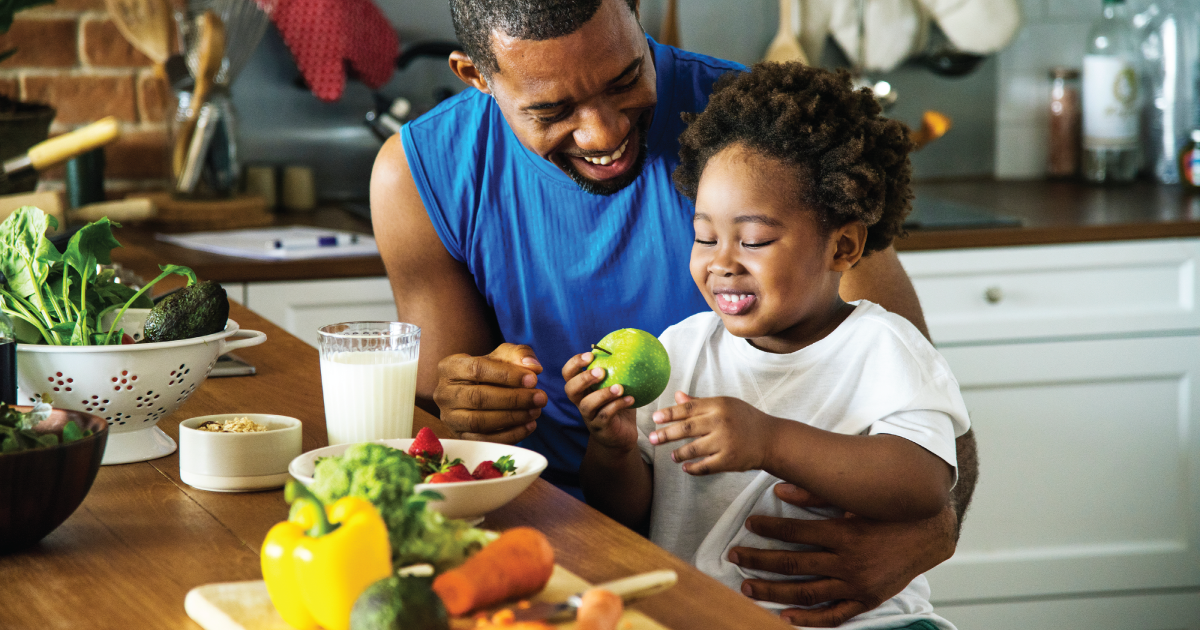
Can Teaching Kids to Cook Make Them Healthier Later in Life?
The primary aim of a course developed by the Stone Barns Center for Food and Agriculture is to educate kids about the complex workings of the food system and how they can help to change it. The course also aims to teach students a little something about cooking, nutrition, and food budgeting—once the purview of the home economics classes offered across the U.S.
July 30, 2018 | Source: Civil Eats | by Lela Nargi
New research suggests that learning how to cook as a young person leads to better eating practices—and better health—later in life.
It’s a hot afternoon in late May and Sierra Sutton, Risa Luk, and Sissi Mesa, all seniors at the High School for Environmental Studies in Manhattan, are roasting trays of broccoli and potatoes to serve for lunch at the Holy Apostles Soup Kitchen. The meal is the culmination of a year-long, in-school food course developed by the Stone Barns Center for Food and Agriculture in Tarrytown. The primary aim is to educate kids about the complex workings of the food system and how they can help to change it. The course also aims to teach students a little something about cooking, nutrition, and food budgeting—once the purview of the home economics classes offered across the U.S.
A continuing epidemic of obesity among Americans of all ages—affecting nearly 20 percent of children age 6 to 19 and almost 40 percent of adults—has led food advocates such as Michael Pollan, Salt, Sugar, Fat author Michael Moss, and the late Anthony Bourdain to call for a return to home ec for everyone.
